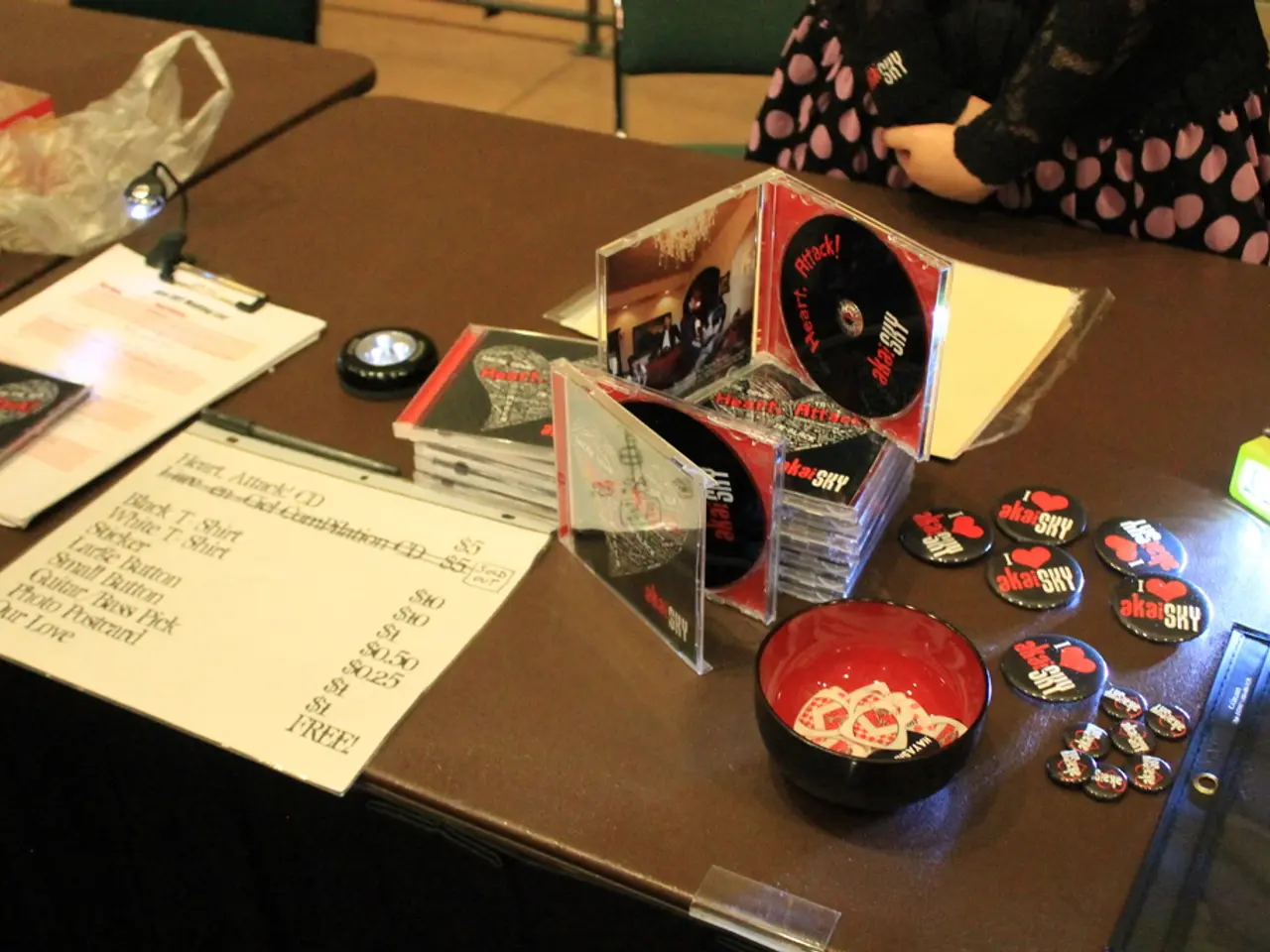Procurement regulations under scrutiny due to issues in the day care sector
In Germany, the provision of full-day care services for children, particularly within the context of primary schools, is governed by a unique social-law triangle involving service providers, free welfare care providers, and the beneficiaries (primary school children).
The legal claim to full-day care, as regulated in paragraph 24, subsection 4, sentence 1 of the Social Code (SGB) VIII, includes care for eight hours on five working days, including lesson time. However, this right is not universally available in every school, but rather within the area of responsibility of the public service provider.
Full-day educational and care offers can be made in cooperation with third parties, such as free carriers of youth welfare, sports clubs, music schools, or other suitable cooperation partners. The service provider primarily decides on the type and scope of these offers and whether to implement them with a cooperation partner.
Whether procurement law applies to full-day care services in Germany depends on several key factors:
- Who is commissioning the full-day care service? (public authority vs. private)
- The contract value relative to EU-set procurement thresholds
- The service’s classification under public procurement rules and applicable exceptions
- Whether the contract is funded or linked to EU or public budgets requiring strict procurement compliance
Procuring full-day care services from public authorities or entities acting on behalf of the public sector, when the contract value exceeds certain de minimis thresholds set by EU procurement rules, necessitates the application of formal tendering procedures to ensure transparency, non-discrimination, and competition. Conversely, if the services are commissioned by private entities or if the contract value is below these thresholds, procurement law may not apply as strictly, though general principles like nondiscrimination may still be relevant.
The European Court of Justice has defined a mere admission as a public contracting authority concluding a contract with each interested company that provides for the performance of the services in question under previously determined conditions, without making a selection among the interested economic participants.
As of 1 August 2026, the right to full-day care for a child attending the first grade in the school year 2026/2027 or in the following school years exists for eight hours daily on workdays and is considered fulfilled within the timeframe of school lessons and the offers of full-day primary schools, including open full-day primary schools.
It is essential to note that the operation of a daycare center, as ruled by the Higher Regional Court of Thuringia (9 April 2024, case number: Verg 2/20), falls under EU procurement law. However, in the field of youth welfare, the Higher Administrative Courts in Münster, Berlin, and Munich have decided that European procurement law does not apply.
In some cases, a pure admission of services without a procurement character may occur, which is not subject to procurement law regulations.
For precise application, legal advice or detailed regulatory consultation is often needed given the complexity and local variations in this area.
- In the arena of business and management, the decision to commission full-day care services from entities that fall under public authority or represent the public sector, particularly when the contract value surpasses specific de minimis thresholds, necessitates adherence to formal tendering procedures to ensure transparency, non-discrimination, and competition, as dictated by procurement law.
- To extend full-day educational and care offers in a collaborative manner with third parties, such as sports clubs, music schools, or other suitable partners in the industry and education-and-self-development sectors, the service management primarily decides on the type and scope of these offers, but must adhere to general principles like nondiscrimination and may require legal consultation due to the complexity and local variations in this field.




